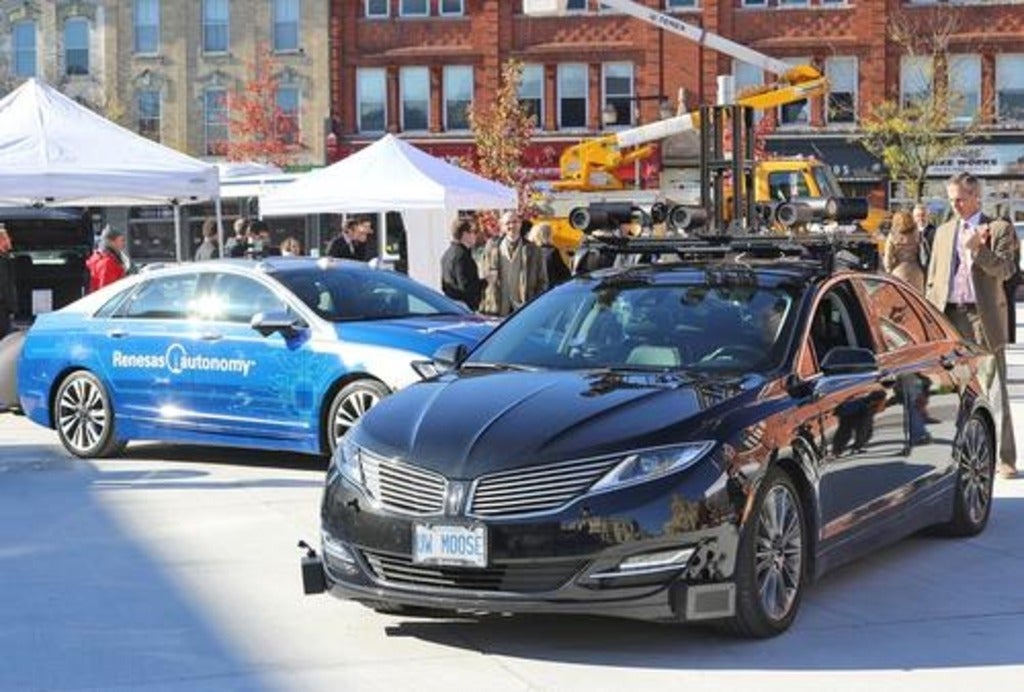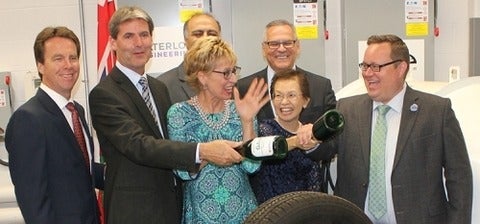Intelligent Transportation Systems Canada (ITS Canada) is hosting the ITS World Congress 2017, from Sunday, October 29 to Thursday, November 2, 2017 in Montreal, QC.
Battery research could triple range of electric vehicles
New research at the University of Waterloo could lead to the development of batteries that triple the range of electric vehicles.
The breakthrough involves the use of negative electrodes made of lithium metal, a material with the potential to dramatically increase battery storage capacity.
“This will mean cheap, safe, long-lasting batteries that give people much more range in their electric vehicles,” said Quanquan Pang, who led the research while he was a PhD candidate in chemistry at Waterloo.



